Hurricane Melissa has led to at least 50 deaths across the Caribbean as of Friday afternoon, with the storm now weakened into a post-tropical cyclone, veering eastward away from the Americas. The Category 5 storm carved a massive swath of destruction across Jamaica, Haiti, and Cuba as it lashed the region with howling winds and torrential downpours. For Jamaica, Melissa was the strongest hurricane the island had experienced on record when it made landfall on Tuesday with winds at 185 miles per hour, putting it firmly in Category 5.
According to Dana Morris Dixon, Jamaica's minister of education, skills, youth, and information, "We have never had a Category 5 hurricane in our country." The storm's unprecedented strength has left many residents in Jamaica and other affected countries reeling, with widespread destruction reported in Kingston, Jamaica, and other areas. The storm's impact has also been exacerbated by the region's vulnerability to climate change, with rising sea levels and increased storm intensity making it more difficult for communities to recover from such disasters.
The storm's unusual trajectory and strength can be attributed to a combination of atmospheric and oceanic factors. Climate scientists point to the warming of the Atlantic Ocean, which has led to an increase in sea surface temperatures, providing more energy for hurricanes to form and intensify. Additionally, the storm's interaction with the Intertropical Convergence Zone (ITCZ), a region of low pressure near the equator, allowed it to tap into a large pool of warm, moist air, fueling its rapid intensification.
As the storm continues to move eastward, residents in the affected areas are left to pick up the pieces and assess the damage. The full extent of the destruction is still being assessed, but officials report that many homes, businesses, and critical infrastructure have been destroyed or severely damaged. The international community has pledged support to the affected countries, with aid and relief efforts already underway.
In the aftermath of the storm, there are concerns about the long-term implications for the region. Climate change is projected to increase the frequency and intensity of extreme weather events, making it essential for communities to develop resilience and adapt to these new realities. As the world continues to grapple with the challenges of climate change, the impact of Hurricane Melissa serves as a stark reminder of the need for urgent action to mitigate its effects.
The current status of the storm is that it has weakened into a post-tropical cyclone, with winds decreasing to around 60 miles per hour. The National Hurricane Center has issued a tropical storm warning for several areas, with residents advised to remain vigilant and follow evacuation orders. As the storm continues to move eastward, officials and aid organizations will continue to work together to provide support to those affected by the disaster.


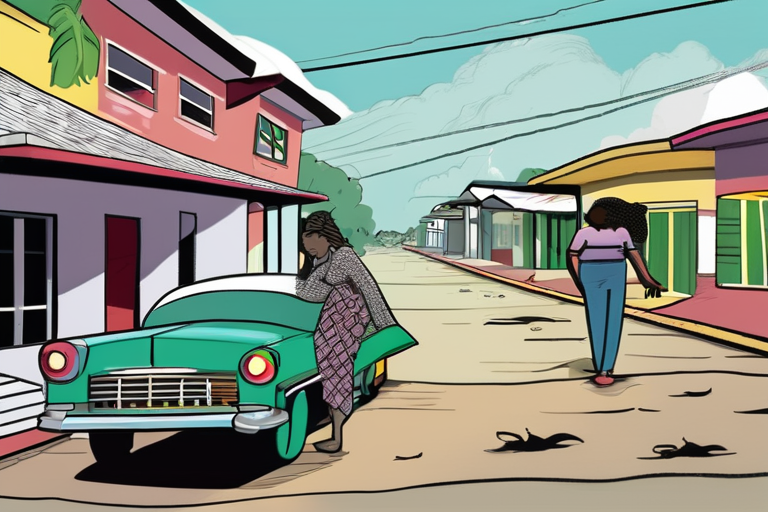

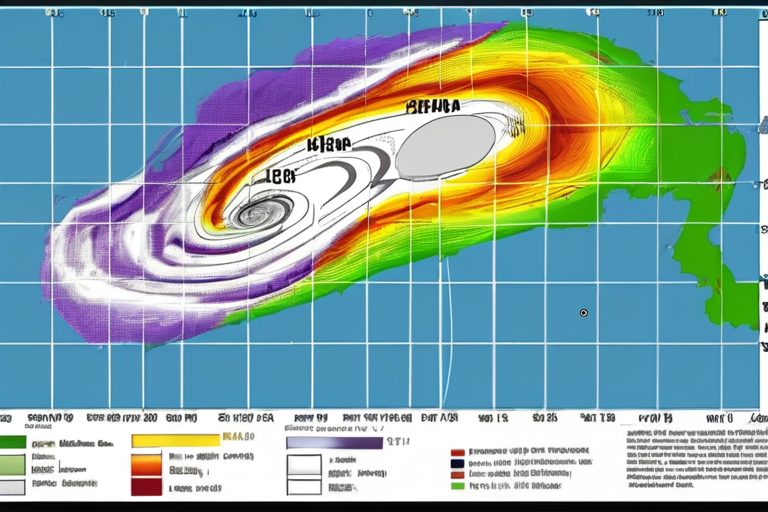
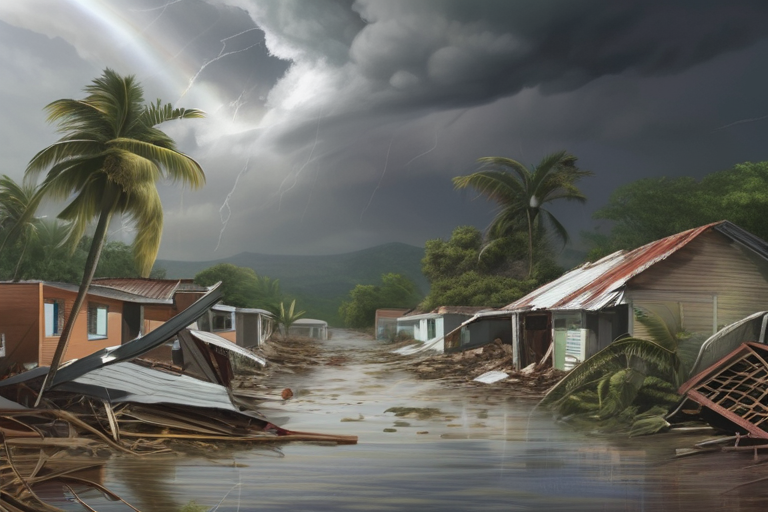
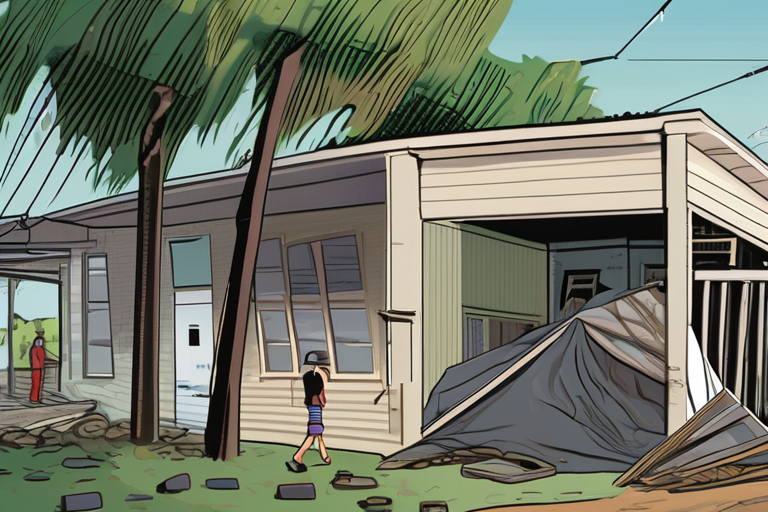
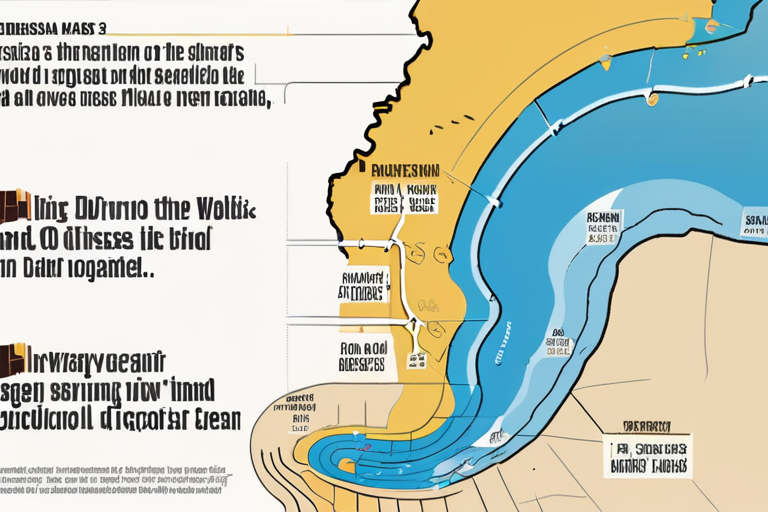
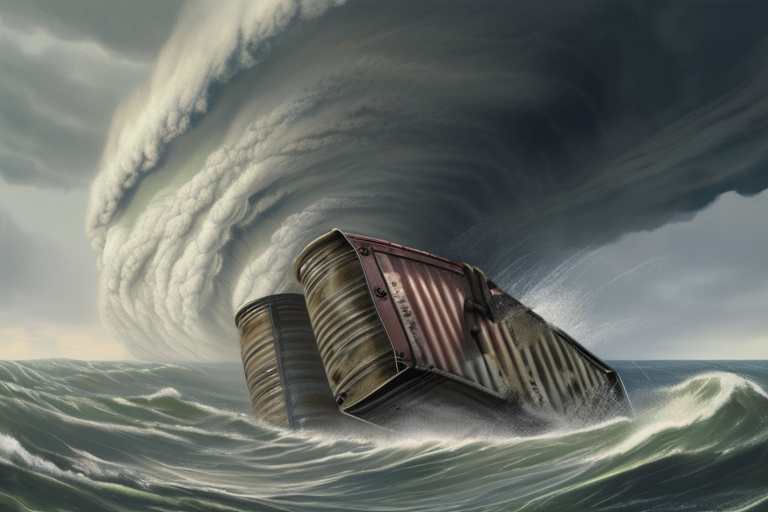



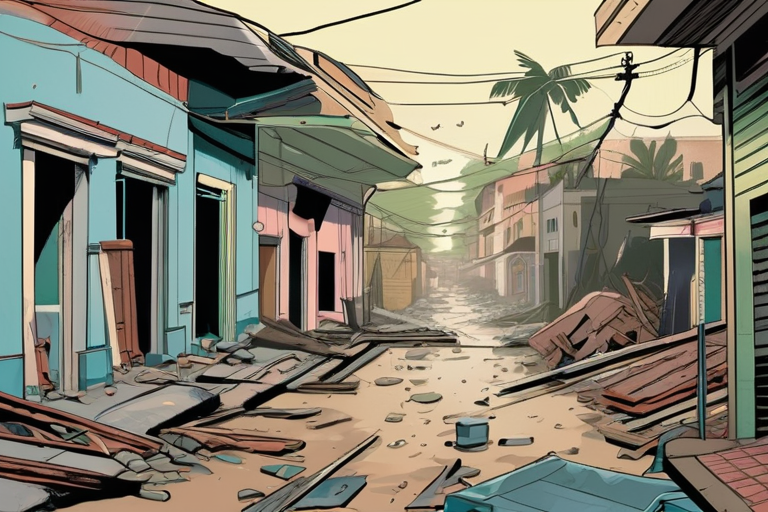
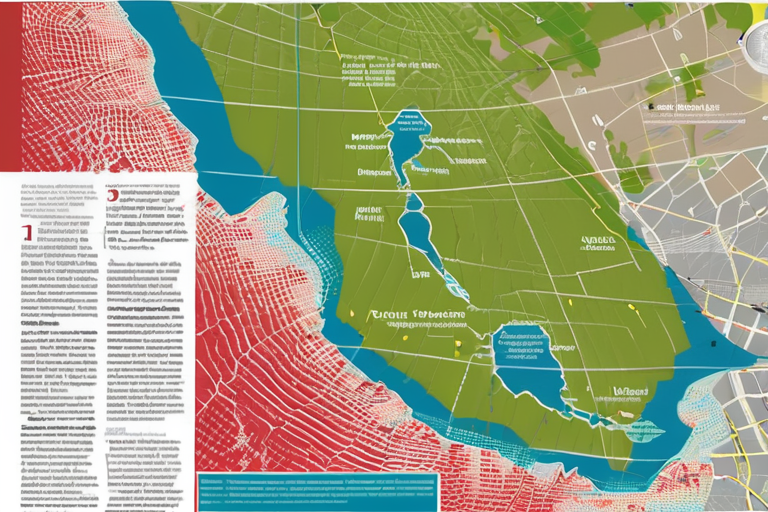
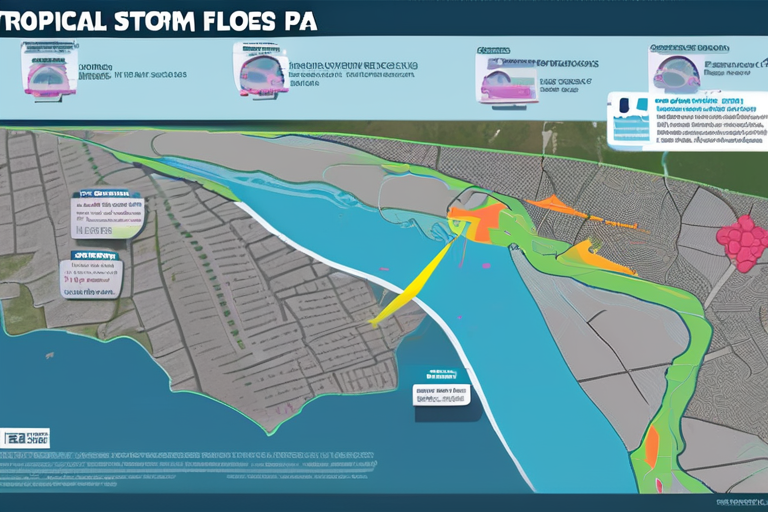


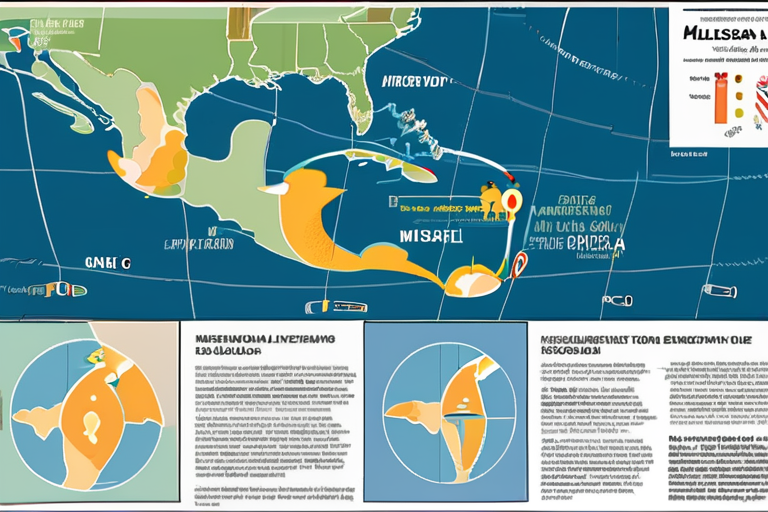
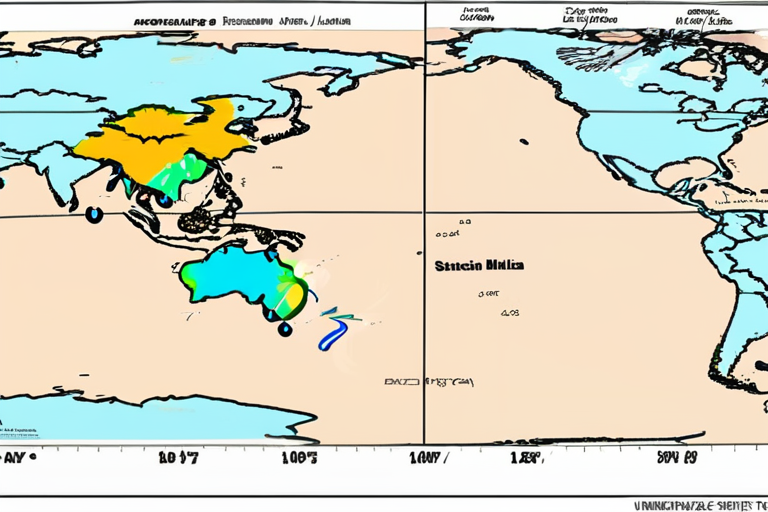

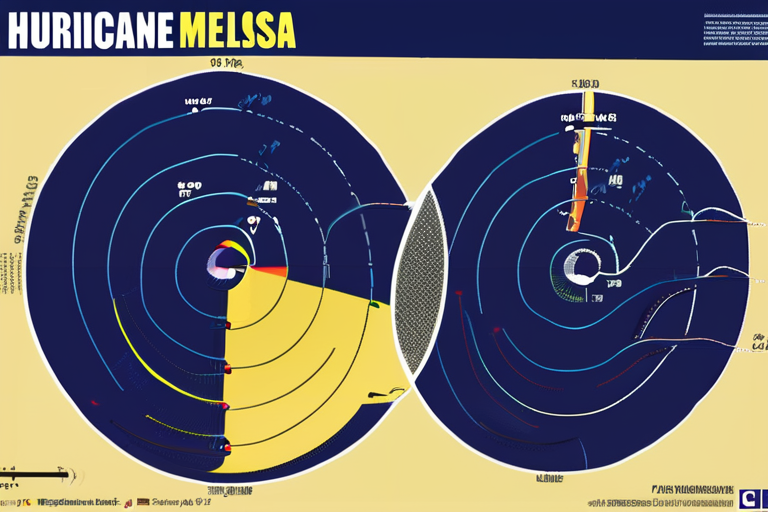

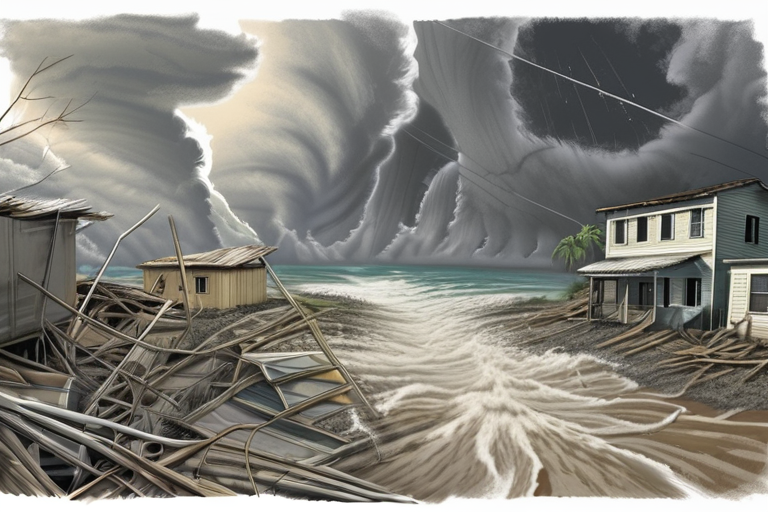
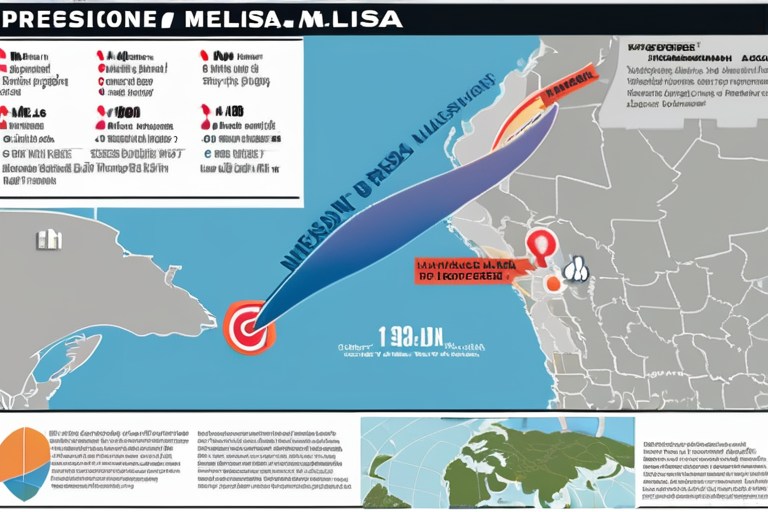
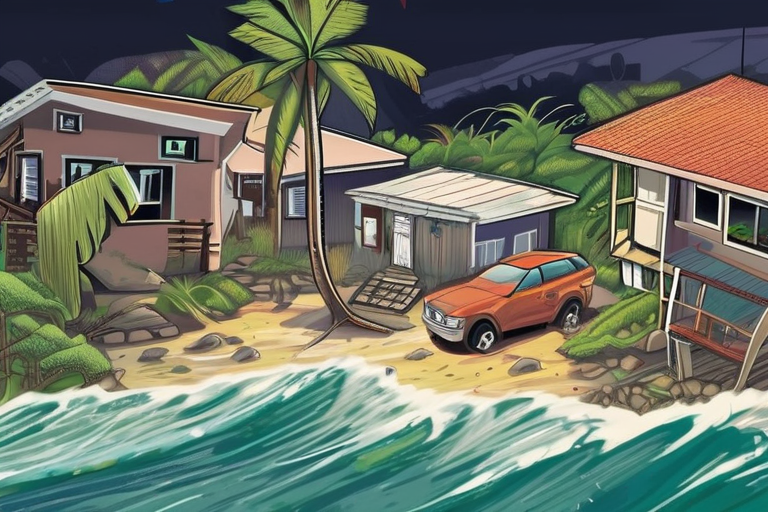

Share & Engage Share
Share this article